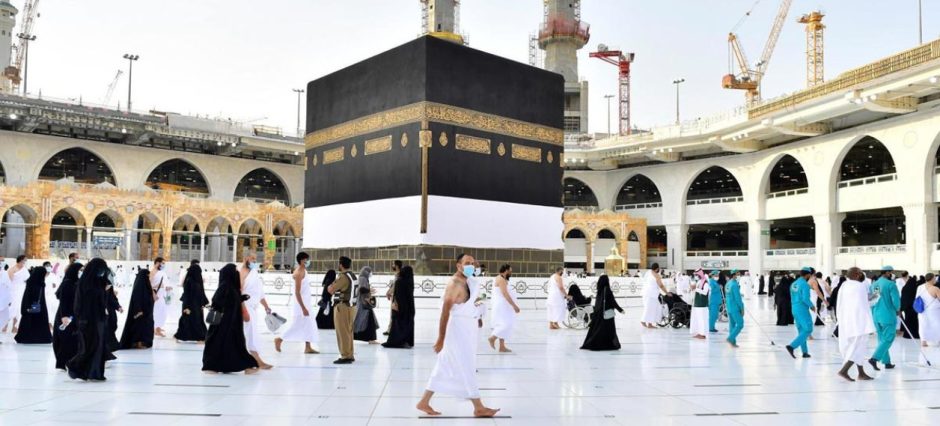Performing Umrah has long been a cherished aspiration for millions of Muslims. Yet many faced challenges in visa applications, hotel bookings, and arranging transportation. For years, pilgrims relied heavily on agents, while some even attempted to travel on tourist visas to complete the pilgrimage.
According to reports in ARY’s Umrah policy coverage, Saudi Arabia is now enforcing ten new rules to strengthen oversight and make the journey more transparent. Among these rules, issuing visas now requires confirmed hotel reservations and approved transportation bookings. Authorities will also reject visa applications submitted via tourist visas or through unlicensed intermediaries. The changes aim to reduce fraud in lodging and travel services, as ARY has highlighted in its coverage of Umrah policy shifts
Under the new system, every step from visa permission to local transit will be tied to official digital platforms. Pilgrims must submit hotel and transport details through approved channels. Travel agents are expected to register legally under Saudi guidelines, and group bookings will be more closely monitored to prevent overcrowding or exploitation. Any violation may lead to visa cancellation or fines.
While the rules may seem restrictive, authorities insist they will ensure better protection for pilgrims. Licensed platforms and verified service providers are expected to cut down scams and guarantee safety. Tour operators in UAE and beyond have welcomed the effort but warn that strong awareness campaigns are vital to avoid confusion among prospective pilgrims.
These reforms come at a broader moment of regulatory tightening in Pakistan too. For instance, recent announcements about the MDCAT exam scheduling have pushed greater transparency in education systems. In fact, the MDCAT exam in Punjab has been scheduled for October 26, 2025. Such patterns reflect a regional trend toward stricter governance and oversight.
For those planning their Umrah pilgrimage in the near future, it is essential to acquaint themselves with the new requirements. Careful compliance will help avoid last-minute problems and ensure that their spiritual journey remains focused on devotion, not bureaucracy.











